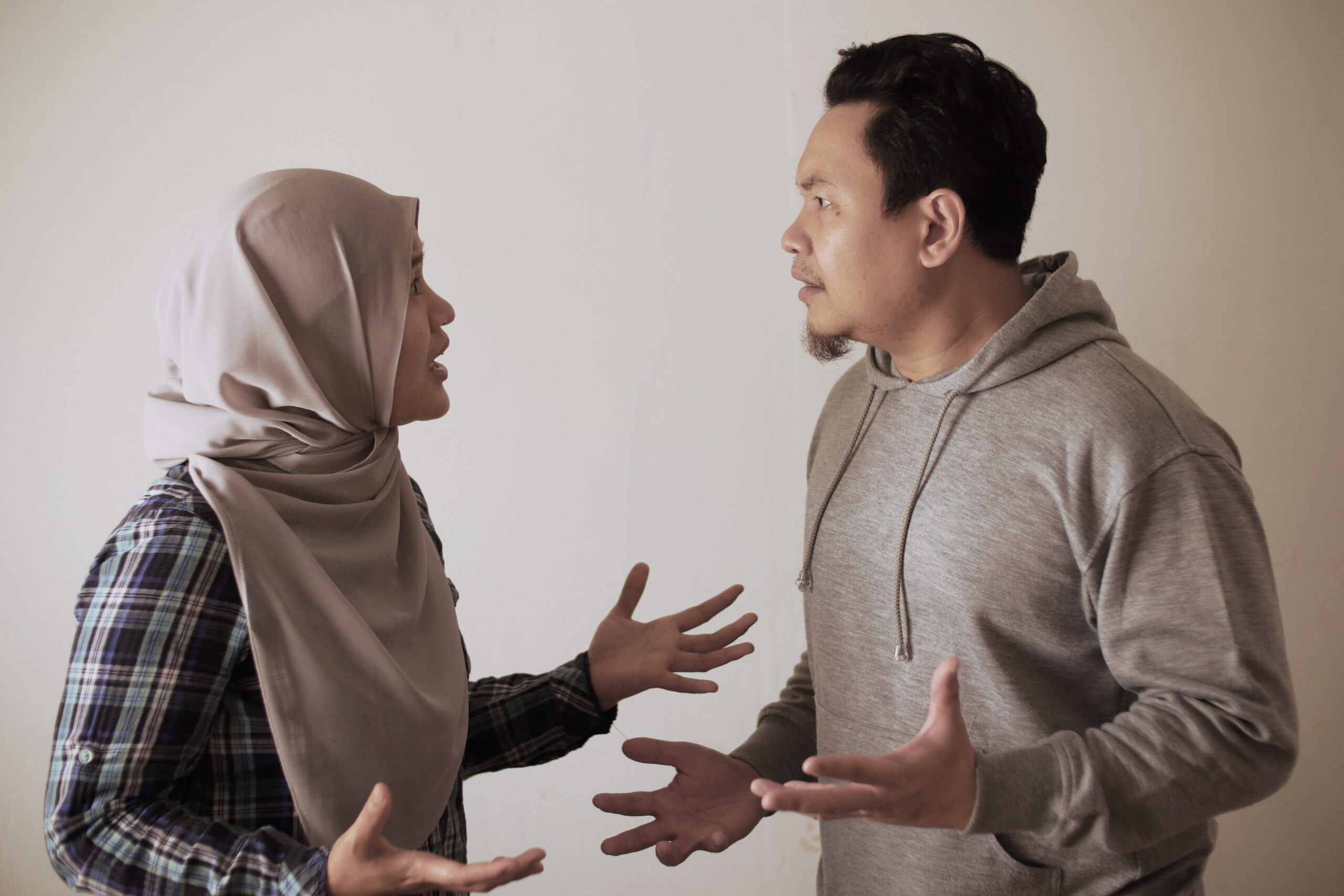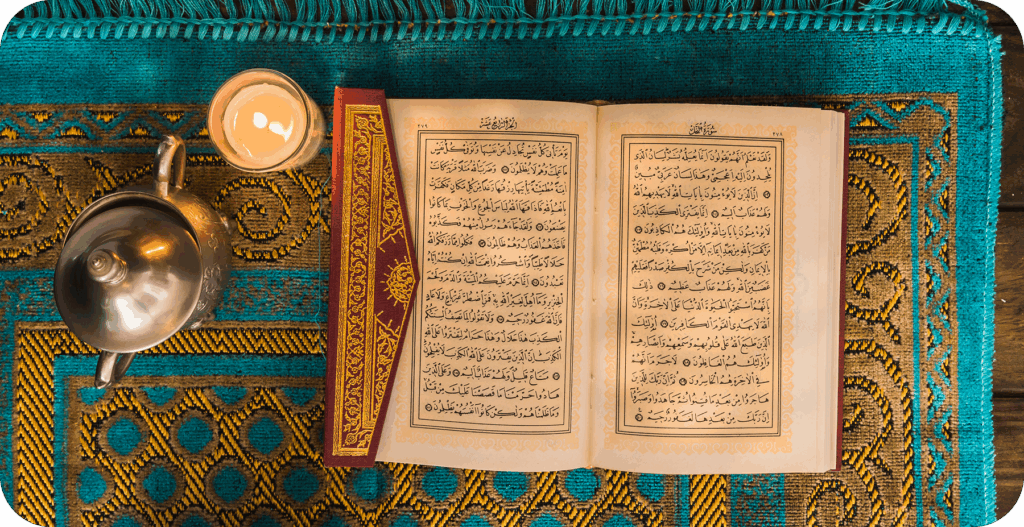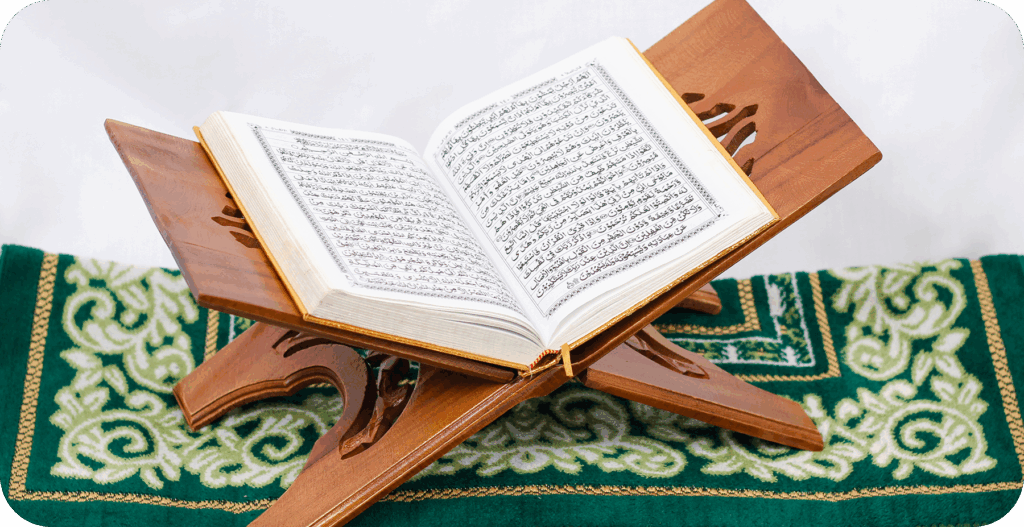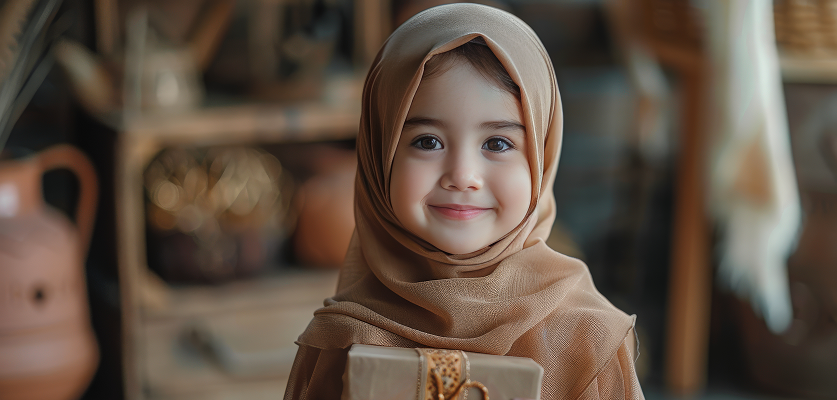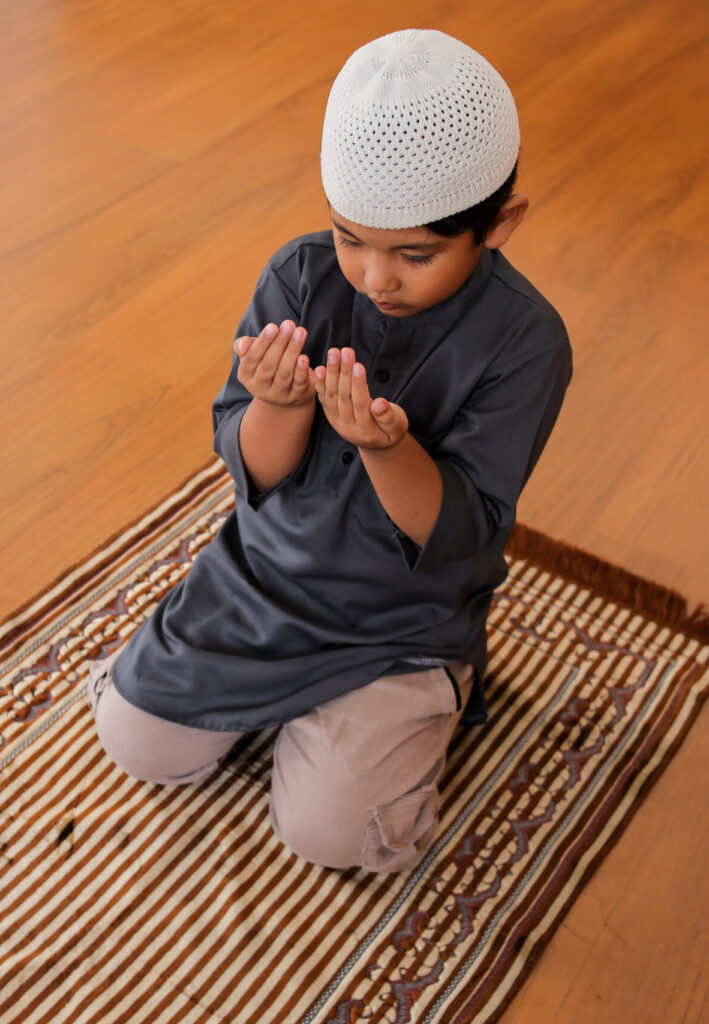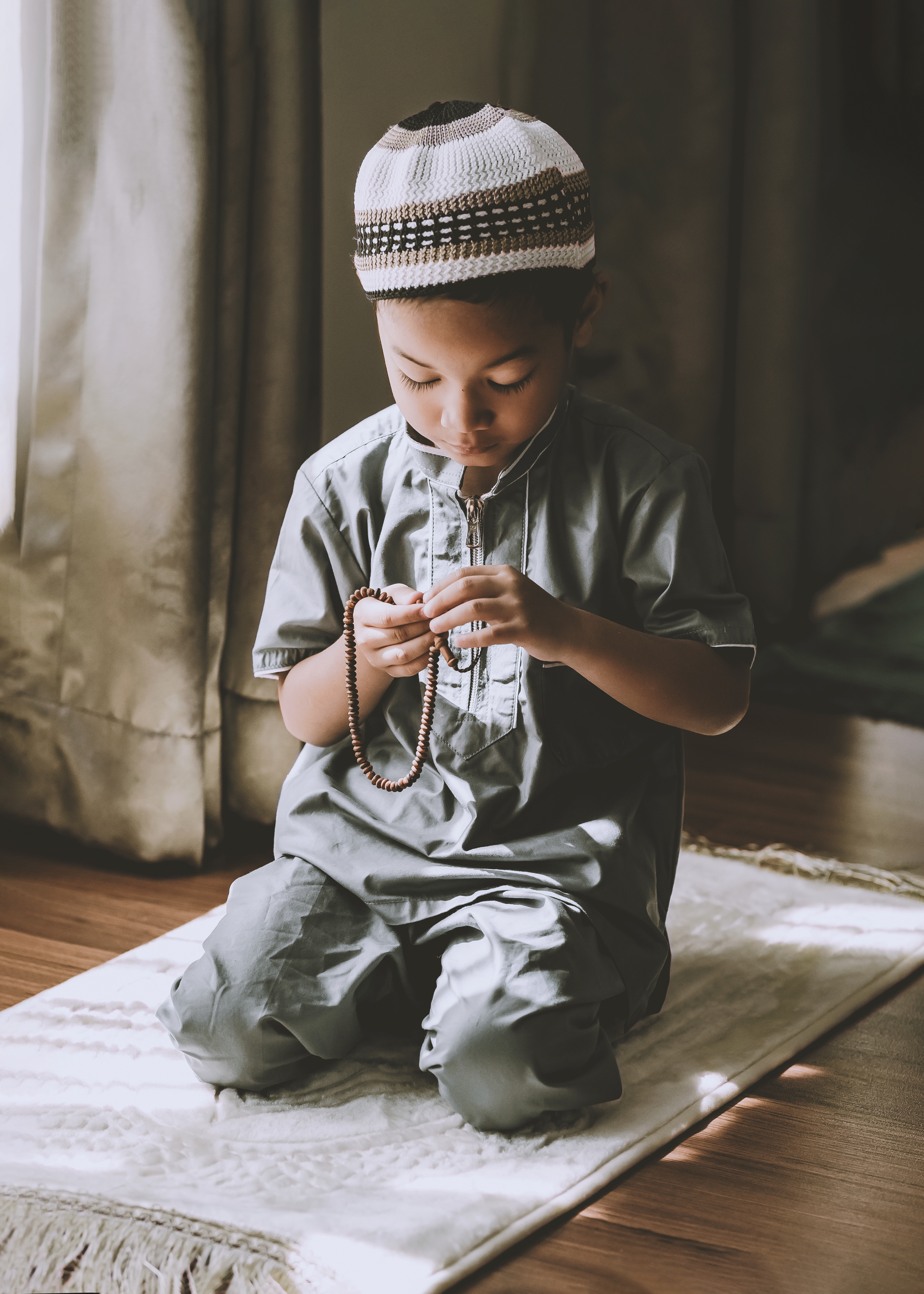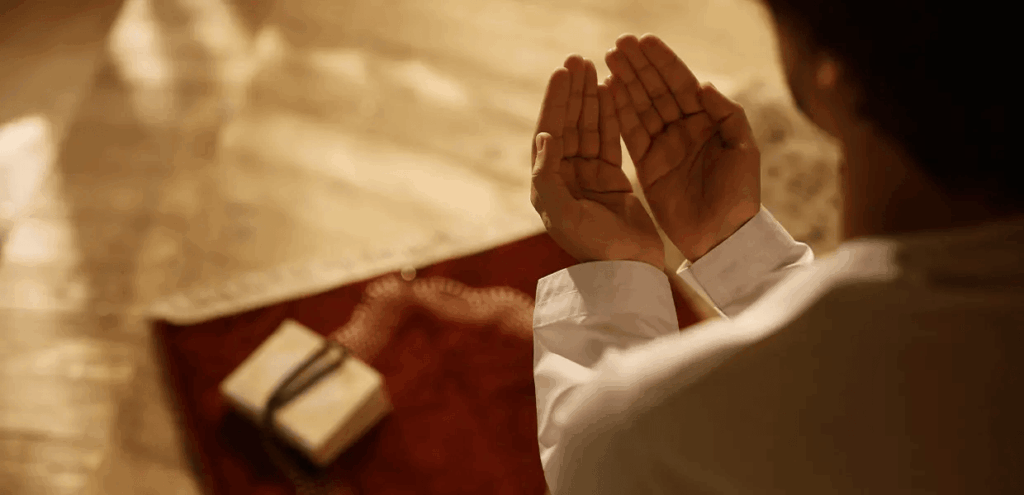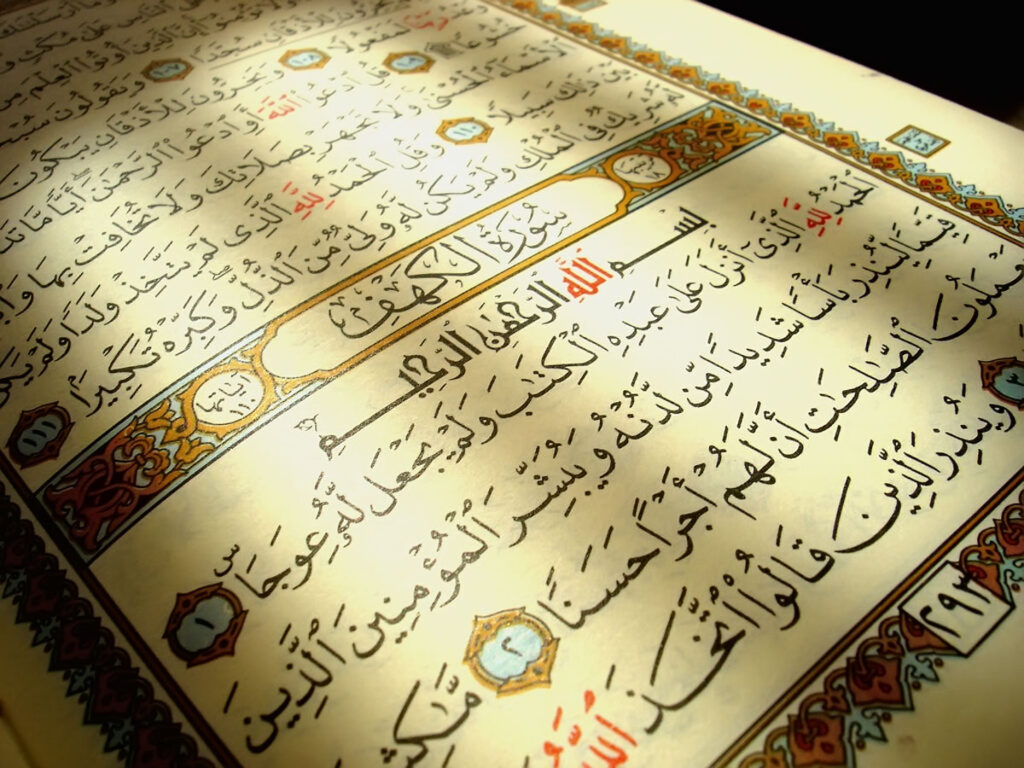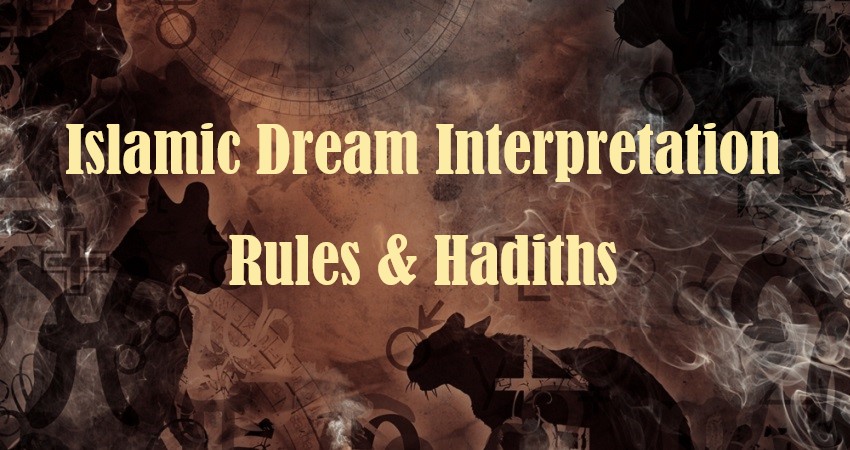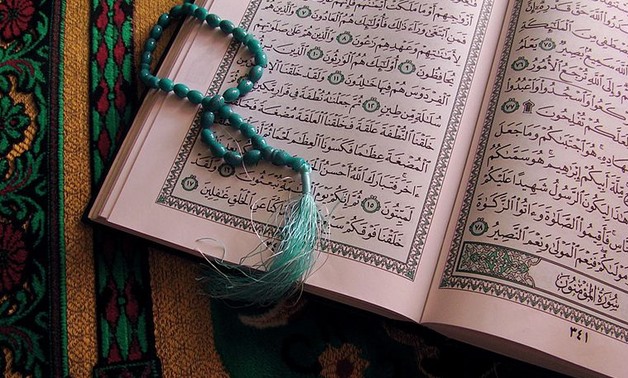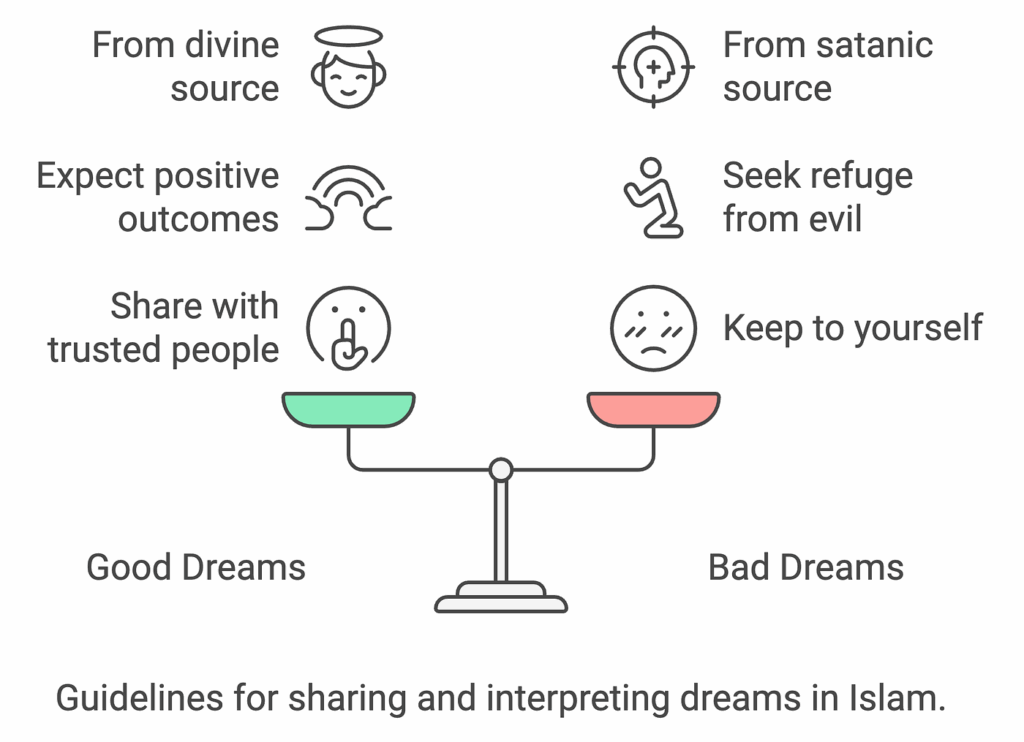Marriage in Islam is a sacred bond built on love, mercy, and understanding. However, like any relationship, it can face challenges both worldly and spiritual. While some problems arise from communication or lifestyle differences, others may stem from unseen causes such as envy (hasad), black magic (sihr), or jinn interference. That’s where Ruqyah & Wazaif for Marriage Problems come in, as Islam provides guidance for all of these situations through Ruqyah and Wazaif, offering believers ways to seek Allah’s help for healing and harmony.
This blog will explain the spiritual causes of marital obstacles, authentic Islamic remedies, and practical steps to restore peace and affection in a marriage, all in light of the Qur’an and Sunnah.
Understanding Spiritual Causes of Marriage Problems
In Islam, the unseen world (al-ghayb) includes realities like jinn, envy, and black magic. The Qur’an acknowledges these influences, reminding believers to seek refuge in Allah alone. Sometimes, a couple may experience sudden conflicts, emotional distance, or unexplained tension without any clear reason. While not every problem is spiritual, the Prophet ﷺ taught that envy and evil eye (‘ayn) are real and can harm relationships.
However, it’s essential to avoid paranoia. Islam warns against assuming every disagreement has a supernatural cause. Balance is key; one must assess with both spiritual insight and rational judgment.
How Ruqyah Can Help Fix Marriage Problems
Ruqyah, the recitation of Qur’anic verses and authentic supplications for healing, is one of the most effective ways to combat spiritual disturbances in marriage. It must always be done within the limits of Shariah, avoiding any form of shirk or unverified practice.
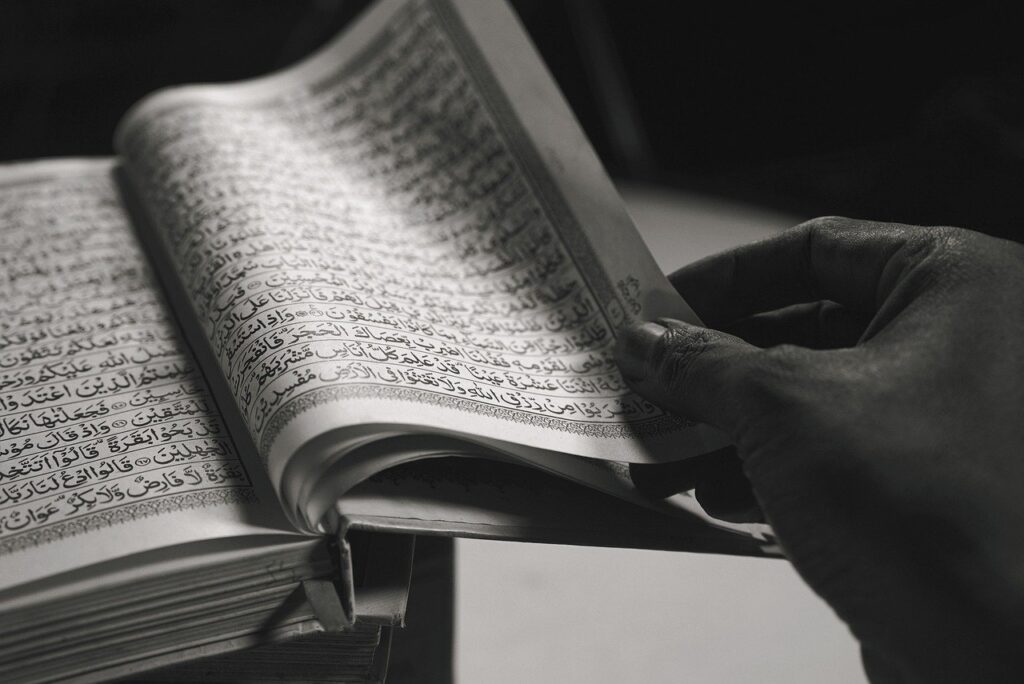
Common verses used in ruqyah for marriage issues include:
- Surah Al-Falaq (113) – for protection from envy and the evil eye.
- Surah An-Naas (114) – for protection against jinn whispers and spiritual harm.
- Ayat al-Kursi (2:255) – for divine safeguarding.
- Surah Al-Baqarah (2:102) – which mentions the story of magic in Babylon.
The person performing ruqyah should recite these verses with sincerity, belief, and trust in Allah’s power. Additionally, spouses may perform ruqyah for themselves and their home, ensuring it is done with pure intention and patience.
The Role of Wazaif in Strengthening Marital Bonds
Alongside ruqyah, Islamic wazaif, daily recitations of Qur’anic verses, and authentic duʿāʾ play a vital role in maintaining peace and love between spouses. Regular remembrance (dhikr) fills the home with barakah and tranquility.
Examples of beneficial wazaif include:
- Reciting Ya Wadud (O Most Loving) to foster affection between spouses.
- Reciting Surah Al-Rum, Ayah 21: “And among His signs is that He created for you mates that you may find tranquility in them.”
- Daily reading of Durood Shareef, which brings blessings and softens hearts.
Consistency is key. Therefore, wazaif should be performed with humility and without expecting immediate results.
True healing lies in consistent remembrance and reliance on Allah.For more authentic Qur’anic and prophetic supplications, visit our Rohani Wazaif page.
Practical Steps to Combine Spiritual and Emotional Healing
Spiritual efforts work best when combined with practical action. Couples should communicate openly, forgive easily, and avoid harboring resentment. The Prophet ﷺ emphasized gentleness and patience in resolving disputes.
Here’s a simple plan that combines both spiritual and worldly healing:
- Self-Assessment: Reflect on your own actions and attitude before blaming unseen forces.
- Perform Regular Ruqyah: Recite Qur’anic verses and duʿāʾs daily.
- Read Authentic Wazaif Together: Make dhikr a shared practice between spouses.
- Seek Counseling: Speak to a trusted Islamic counselor or scholar if problems persist.
- Avoid Un-Islamic Practices: Never resort to amulets, charms, or fortune-telling.

This balanced approach strengthens both faith and marital harmony, fostering peace, understanding, and a deeper connection between spouses.
Cases of Healing through Ruqyah & Wazaif for Marriage Problems
Interestingly, many families have experienced emotional and spiritual relief through consistent ruqyah and wazaif. For instance, a wife once reported that after months of unexplained anger and distance, she and her husband began reciting Surah Al-Baqarah regularly. Consequently, within weeks, peace returned to their home.
Such stories remind us that spiritual healing, when rooted in the Qur’an and Sunnah, brings real and lasting comfort. Yet, one must always avoid exaggeration. Healing comes only from Allah.
Ethical and Shariah Boundaries
While seeking spiritual healing, Muslims must ensure that no forbidden acts are committed. Islam prohibits any form of shirk, charms containing unknown symbols, or seeking help from jinn. Even the Prophet ﷺ said that whoever wears an amulet commits an act of shirk. True protection and peace can only come through lawful means, not superstition.
Moreover, for deeper insight into the Islamic perspective of ruqyah and its conditions, refer to this authentic article by Islam Q&A: Permissibility of Ruqyah.
Conclusion
Indeed, marital problems can test one’s patience and faith. Yet, through sincere Ruqyah, regular Wazaif, and honest communication, healing is possible. Islam teaches that love and peace between spouses are among Allah’s greatest signs.
When difficulties arise, believers should turn first to Allah, follow authentic teachings, and trust His wisdom. Every prayer, every verse, and every sincere duʿāʾ brings light to hearts that seek guidance.

